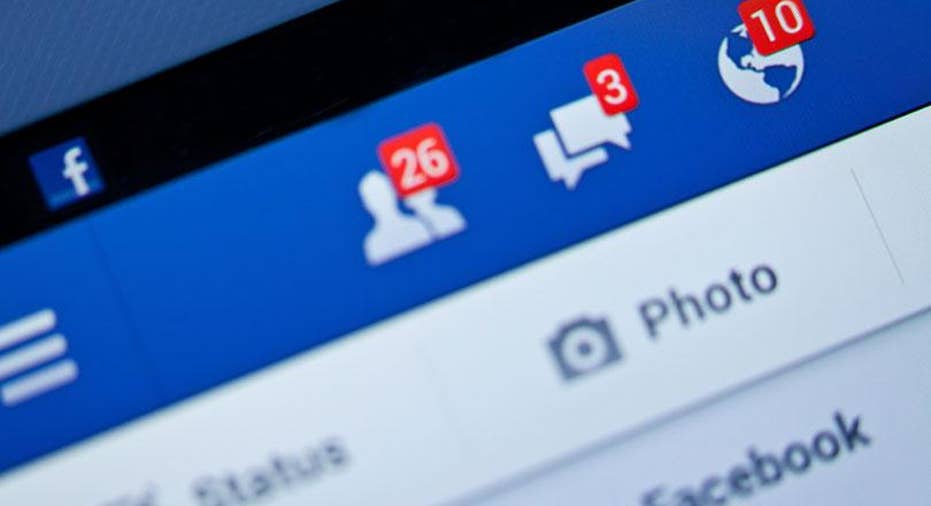Obama Slams Fake News on Facebook

President Obama on Thursday singled out fake news stories appearing on social media sites as a serious problem facing American democracy.
"If we are not serious about facts and what's true and what's not, and particularly in an age of social media when so many people are getting their information in sound bites and off their phones, if we can't discriminate between serious arguments and propaganda, then we have problems," the President said during a news conference in Berlin, the New York Times reports.
The role that online hoaxes and fake news stories played in the recent presidential election has been the subject of intense debate this week. Facebook CEO Mark Zuckerberg repeatedly denied that the spread of misinformation on his social network influenced the election, but his company also announced new policies to cripple the revenue of fake news sites by refusing to let them display ads.
President Obama singled out Facebook specifically, lamenting "an age where there's so much active misinformation and it's packaged very well and it looks the same when you see it on a Facebook page or you turn on your television."
His criticisms paint a very different picture of the social network than the one offered by Zuckerberg, who claimed last weekend that the amount of misinformation is trivial compared to the volume of content that Facebook users see each day.
"Of all the content on Facebook, more than 99 percent of what people see is authentic," Zuckerberg wrote in a Facebook post. "Only a very small amount is fake news and hoaxes. The hoaxes that do exist are not limited to one partisan view, or even to politics."
Earlier this week, however, BuzzFeed reported that fake stories generated more engagement on Facebook in the last three months of the election than stories from reputable news sources. The top 20 stories on fake sites generated 8,711,000 shares, reactions, and comments on Facebook; the top 20 stories from 19 major news outlets had 7,367,000, the site found.
Weeding out those hoaxes was the focus of a hackathon at Princeton University this week, where students built an algorithm that authenticates what is real and what is fake on Facebook. It takes into account factors such as the source's credibility and cross-checks the content with other news stories before placing a "verified" or "not verified" label on each post.
The Washington Post notes that the students' algorithm received intense interest this week, overwhelming their servers and causing them to take it offline. It is available on GitHub and as a Chrome Web extension.
This article originally appeared on PCMag.com.



















